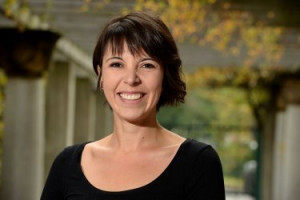Self-reported health among lone mothers: Do employment and education matter?
Presented by Emanuela Struffolino (WZB - Berlin Social Science Center) ; discussant : Myriam Khlat (Ined)
Lone mothers are more likely to be unemployed and in poverty, which are both factors associated with a risk of poor health. In Switzerland, weak work-family reconciliation policies and taxation that favours married couples adopting the traditional male breadwinner model translate into low labour market participation rate for mothers. In the case of lone mothers, employment can be associated with better health because it eases the potential economic hardship associated with being the sole earner. However, working can represent an additional stress factor due to lone mothers’ responsibility as the main caregiver. We investigate how family arrangements and employment status are associated with self-reported health in Switzerland. Our analyses on the Swiss Household Panel (waves 1999-2011) suggest that lone mothers who are out of the labour market have a higher probability of reporting poor health, especially if holding an upper-secondary diploma. Lone mothers reported being in better health when working full-time vs. part-time, whereas the opposite applied to mothers living with a partner.
Emanuela Struffolino

Emanuela Struffolino is postdoctoral fellow of the Research Unit "Demography and Inequality" at WZB - Berlin Social Science Center. She earned a PhD in Sociology in 2014 at the University of Milano-Bicocca. In her Ph.D. dissertation, she focussed on the evolution of early employment careers over time in Italy, by looking at gender and education differences. From 2014 to 2015 she joined the NCCR-LIVES (Swiss National Center of Competence in Research on vulnerability over the life-course) at the University of Lausanne, where her core research considered how changes in the family structure affect different domains of the life-course, such as well-being, health, and labour market participation. Her current research interests include the relationship between core demographic processes and social inequality, in particular on how more traditional social stratification factors - such as education and social class - match to emerging forms of inequalities driven by family life-courses.
